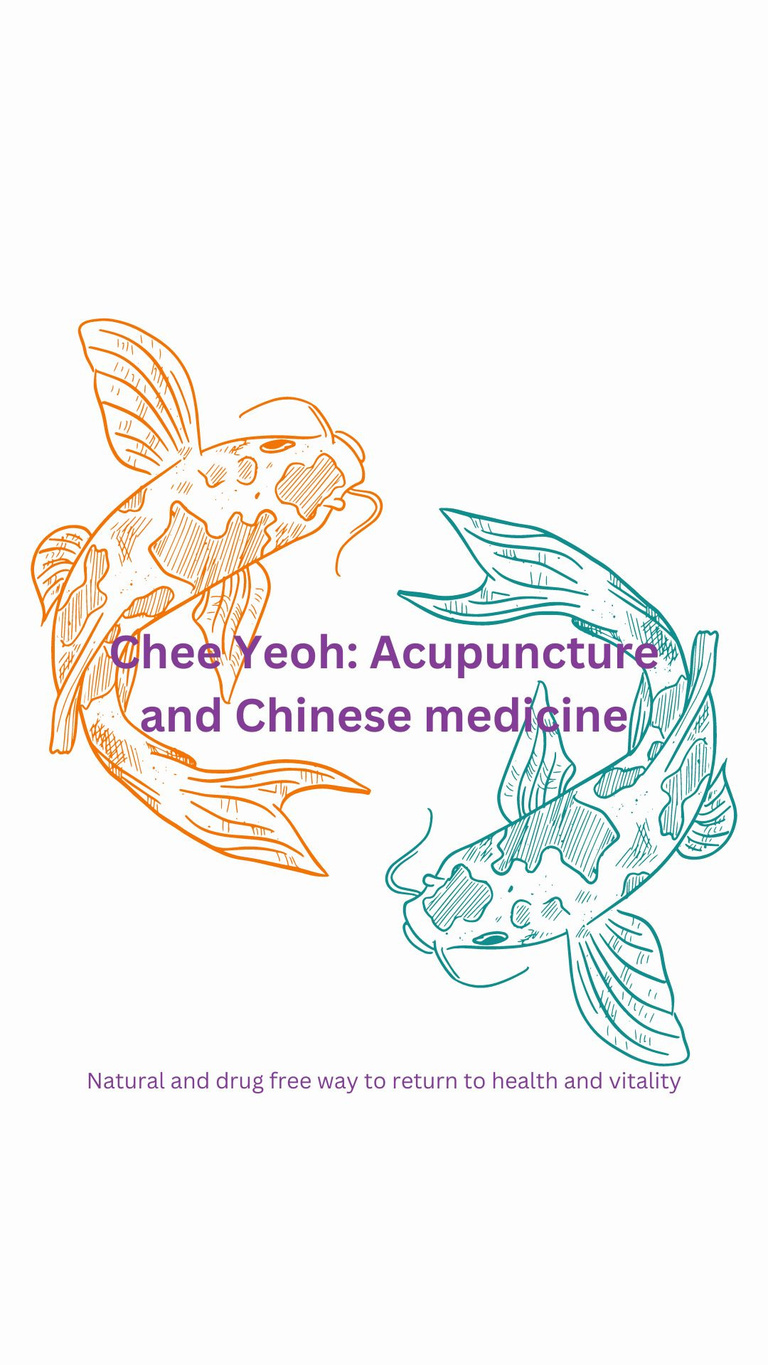Pillars to good health and wellness
The many facets of Chinese medicine to support good health
Do you often feel exhausted, maybe even a simple act such as getting out of bed seems like a daunting task?
Along with the exhaustion, it is not uncommon to also experience issues with other areas including sleep and/or digestive complaints, weaker immune system or mental-emotional distress as well. This is how inter-linked our health is.
The basic tenet in Chinese medicine (CM) is the concept of balancing Yin and Yang. Yin and Yang are opposing yet complementary forces with a dynamic inter-relationship, where the duality forms a whole. Yin is material, dense, cool, dark, unmoving and receptive. Yang is functional, light, warm, bright, dynamic and active. The aim in health is to always have the Yin and Yang energies in dynamic balance thereby creating homeostasis or balance. So, looking at persistent exhaustion in the lens of CM would often co-related to underlying Qi and/or Yang deficiency, often co-mingling with other patterns, particularly if it is a chronic experience. The character for Qi (氣)is made up of two components - air, ie. oxygen, and rice, symbolic for food/nutrients, and can thus be loosely defined as energy derived from these sources (there's actually much more to it). The body will struggle to derive sufficient energy from the food sources if anyone one of the following steps become ineffective - the wrong type of food being ingested, difficulty breaking the food down and/or difficulty absorbing the foods. On the deprivation of air, many modern-day people fail to practice diaphragmatic breathing, often breathing shallowly, particularly under stressful situations.
As the human body is a closed system, the relative lack of Yang implies that Yin predominates, hence the difficulty to summon the energy to move, and one feels tired, sluggish and heavy - both physically and emotionally. Since Yang is also the motive force to enable the efficient functioning of the body’s various systems and physiological processes, it can lead to inefficiencies in other aspects including digestive, immune, adrenal systems etc. The sluggish-ness can also lead to Qi stagnation which is characterised by moving pain which may correspond with conditions such as inflammation, Fibromyalgia etc.
So how do we strengthen Yang and Qi in CM to restore balance? By creating homeostasis. Our bodies are in constant dialogue with our environment; the physical, emotional and spiritual environments all influence our health. The modern science of epigenetics looks at the impact of our environments on our genetic expression. In the CM model, we discuss the practical application of how to improve one’s relationship and the consequent impact on our health or our environments: diet, lifestyle, breathing, exercise, sleep, stress management techniques, through education, supported with treatment with acupuncture, herbal medicine and diet therapies. This is also known as Yang Sheng, 养生, which can be translated as nourishing life. Reach out if you would like to find out more about how to utilise this medicine and its ancient wisdom in supporting your health and well-being.




